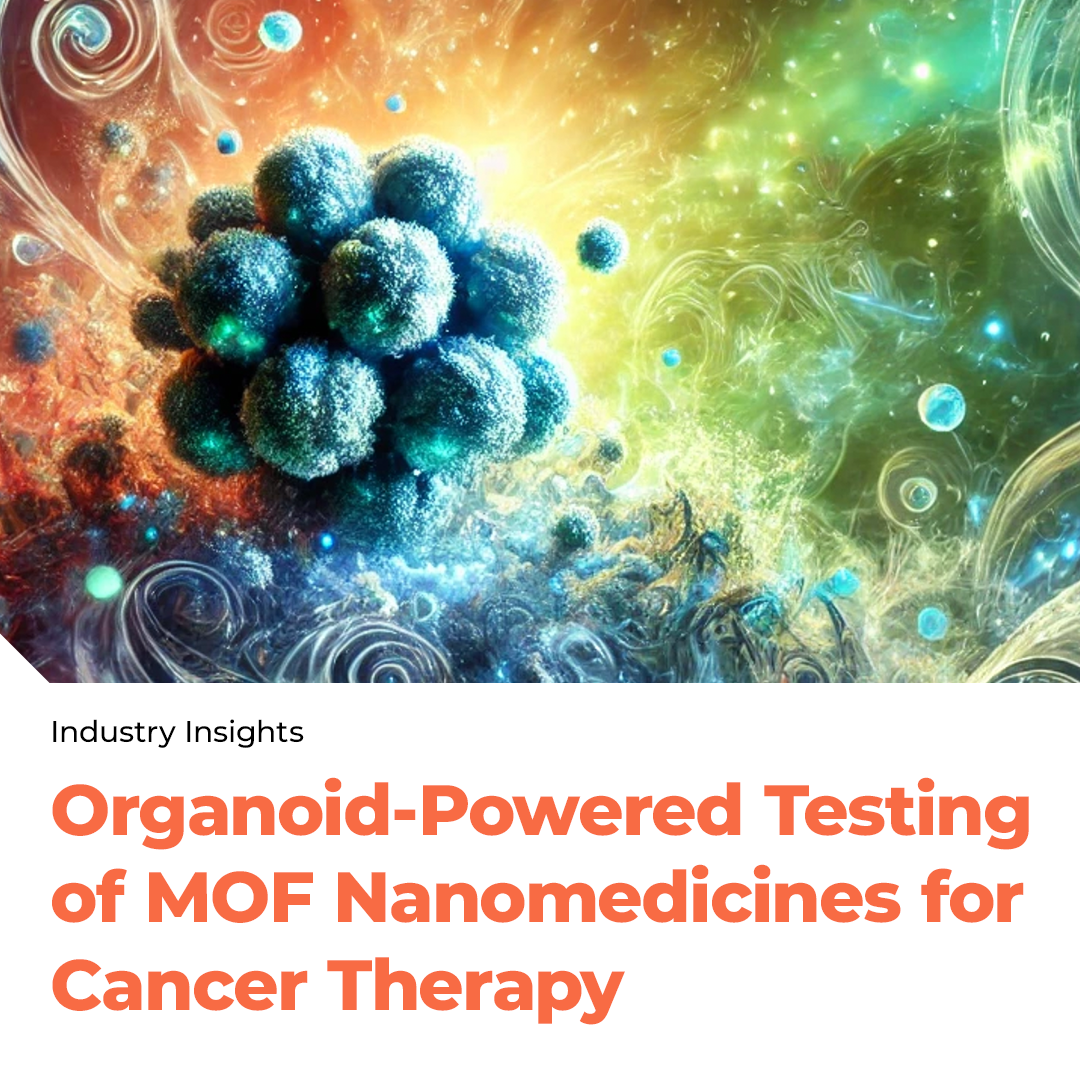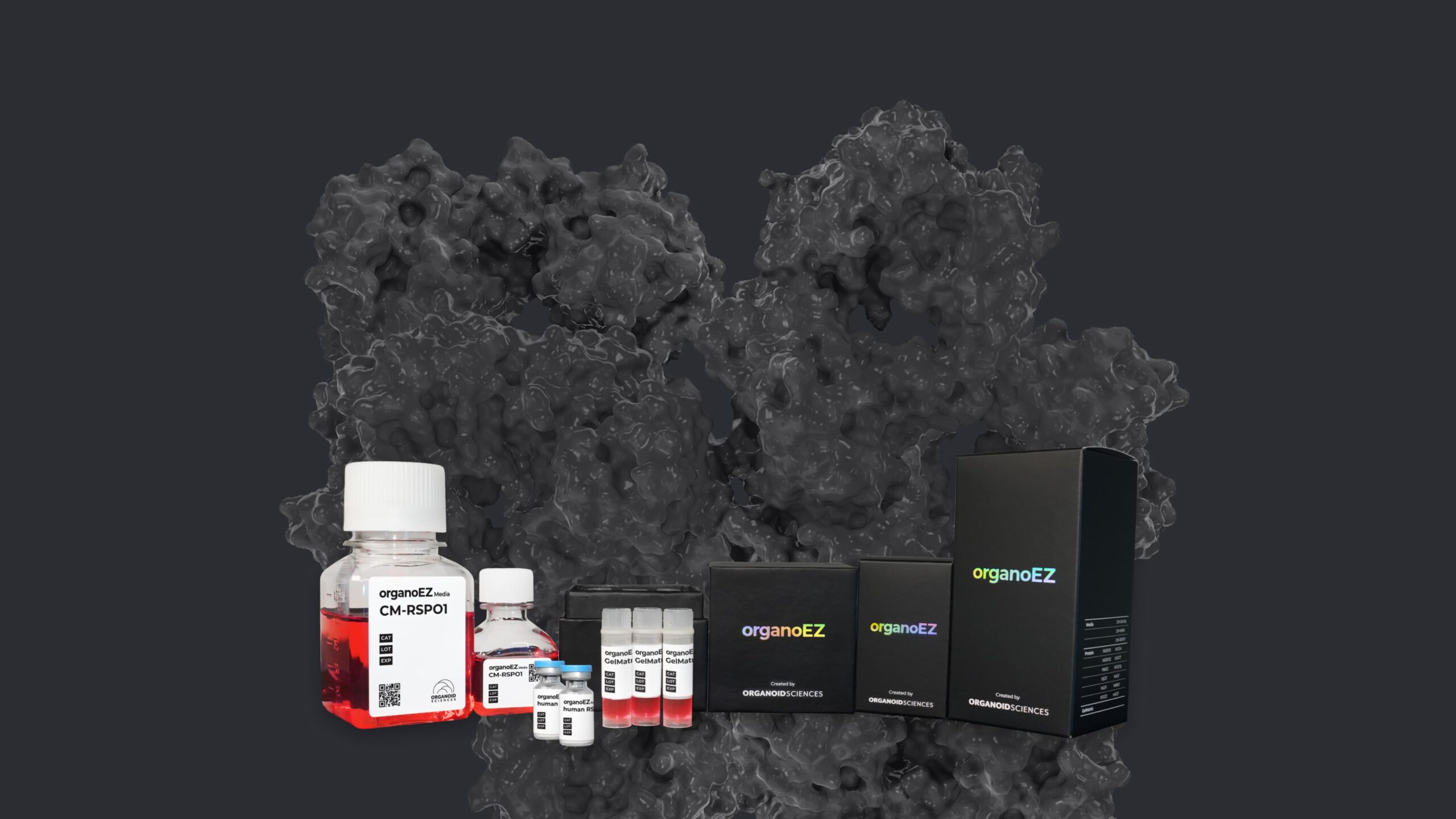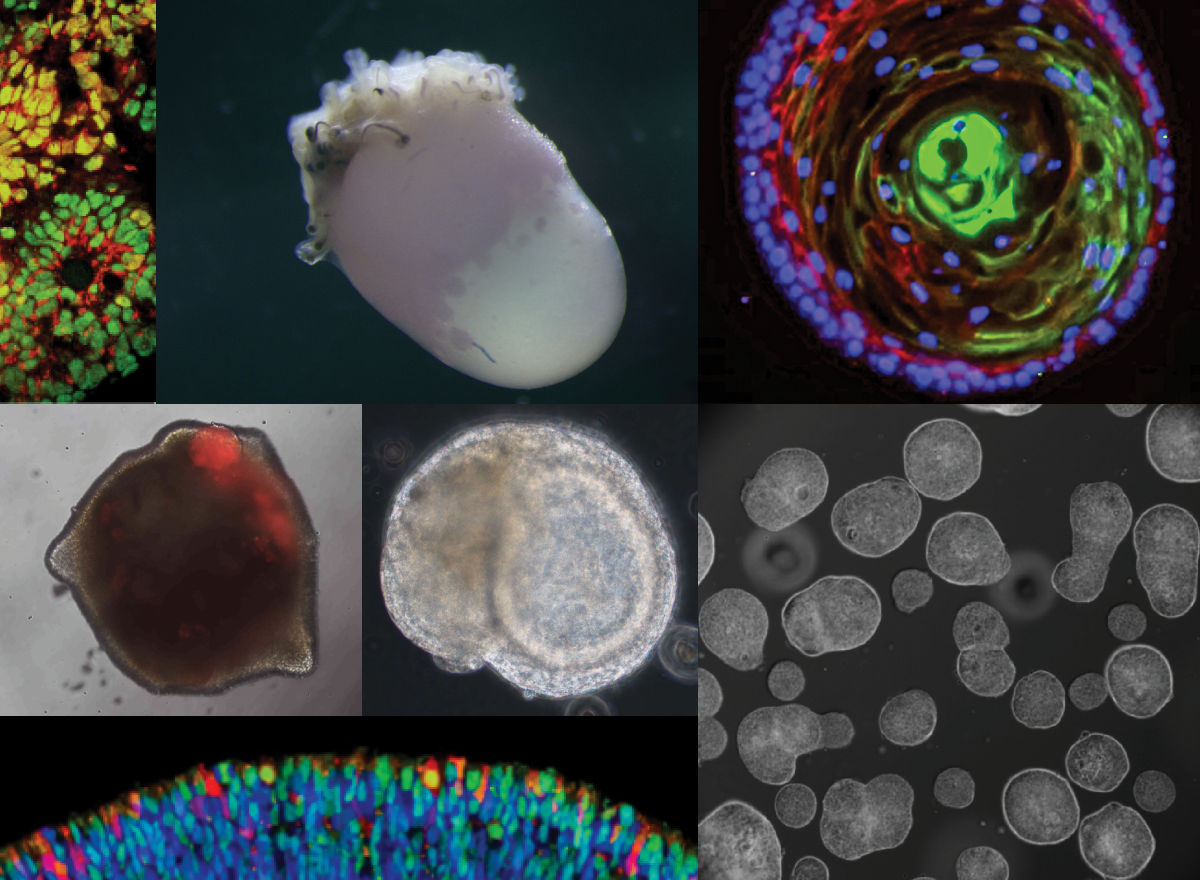Nanomaterials have been extensively explored for tumor treatment, leading to many innovative cancer therapies. However, nanomedicines face challenges in biocompatibility and anticancer efficiency, making their application complex and unpredictable. This highlights the need for ex vivo research models to better understand the biosafety and efficacy of nanomedicines in oncology. Organoid technology offers a novel way to evaluate anticancer efficacy in vitro.
In this study, intestine and hepatocyte organoid models (Intestine-orgs and Hep-orgs) were created to assess toxicity at the microtissue level. Three metal–organic frameworks (MOFs)—ZIF-8, ZIF-67, and MIL-125—were used as nanomedicines to interact with organoids. MIL-125 loaded with methotrexate (MTX) formed the nanomedicine MIL-125-PEG-MTX, which showed high loading efficiency (82%) and effective release in an acidic environment.
The anticancer effect of this nanomedicine was tested using patient-derived organoids (PDOs) in vitro, achieving inhibition rates of 48% and 78% for two different PDOs, demonstrating the ability of PDOs to predict clinical response and aid in therapeutic selection. These findings highlight the potential of organoid-based ex vivo models for evaluating the safety and effectiveness of nanomedicines in cancer therapy.
Keywords: organoid, nanomedicine, ex-vivo, cancer therapy





